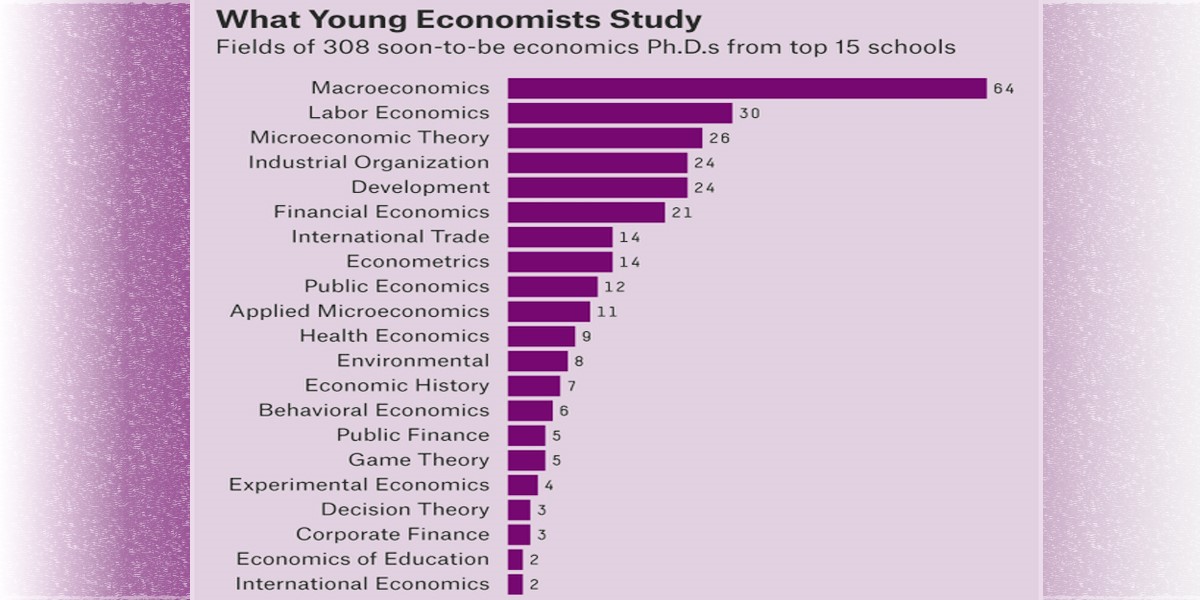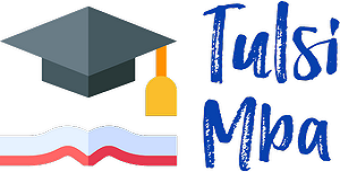Introduction
PhD Programs in Economics in the US; Economics is a field that encompasses a broad range of topics, from microeconomic theory and game theory to macroeconomic policy and international trade. A Ph.D. in economics is a rigorous and demanding program that prepares students for careers in academia, research, government, and other fields. In this article, we will take a closer look at PhDs in economics in the US, including the requirements for admission, the curriculum, and the career prospects for graduates.

Overview
PhD Programs in Economics in the US are designed to provide students with advanced training in economic theory, statistical methods, and empirical analysis. They typically require four to six years of full-time study, including coursework, research, and dissertation writing. The programs are highly competitive, and admission is selective.
Applicants are expected to have a strong background in mathematics, statistics, and economics, as well as outstanding academic records and standardized test scores.
Most Ph.D. programs in economics in the US offer full financial support, including tuition waivers, stipends, and health insurance.
The support packages are designed to cover the cost of living expenses, research materials, and conference travel. The funding is typically contingent on the student’s satisfactory progress in their coursework, research, and teaching responsibilities.
Requirements for PhD Programs;
The requirements for PhD programs in economics in the US vary across universities. However, most programs share common core courses and electives, as well as research and teaching requirements. Here are some of the different requirements:
1. Coursework:
- PhD Programs in Economics in the US typically require students to complete a set of core courses in microeconomics, macroeconomics, econometrics, and mathematical methods. These courses provide students with a solid foundation in economic theory, statistical methods, and empirical analysis.
- In addition, students are expected to take electives in their chosen fields of specialization, such as international economics, labor economics, health economics, environmental economics, and financial economics.
2. Research:
- Ph.D. programs in economics in the US require students to engage in original research in their chosen fields of specialization. This research typically culminates in a dissertation, which is a substantial piece of original research that contributes to the knowledge of the field. The dissertation is typically supervised by a faculty advisor and defended in a public oral examination.
3. Teaching:
- Ph.D. programs in economics in the US require students to gain teaching experience by serving as teaching assistants or instructors. This experience helps students develop their pedagogical skills and prepares them for future academic positions.
Curriculum for PhD Programs
- PhD programs in economics are typically structured around two phases: coursework and research. During the first two years of the program, students take a series of core courses in microeconomic theory, macroeconomic theory, econometrics, and mathematical methods. These courses are designed to provide students with a strong foundation in economic theory and empirical methods.
- After completing the core courses, students begin to specialize in a particular area of economics, such as labor economics, development economics, or financial economics. They take advanced courses in their chosen field and begin to work on their research projects. The research phase of the program typically lasts three to four years and culminates in a dissertation.
- The dissertation is a research project that demonstrates the student’s ability to conduct independent research and contribute to the field of economics. The dissertation process can be challenging and time-consuming, but it is also a rewarding experience that allows students to make a significant contribution to the field of economics.
Career Prospects for Ph.D. Graduates in Economics
Ph.D. Graduates
- in economics have a wide range of career options, including academia, government, non-profit organizations, and the private sector. The most common career path for economics PhDs in academia. Graduates can find positions as professors at universities and colleges, where they teach courses and conduct research.
- They can also work as researchers at think tanks, government agencies, and non-profit organizations.
In addition to academia, economics PhDs can find employment in the private sector. Many large corporations and financial institutions employ economists to conduct research and provide strategic advice. Graduates can also work as consultants or start their businesses. - The demand for PhD’s economists is about to grow in the coming years as per the past figures, particularly in the areas of healthcare, environmental policy, and data analytics. According to the Bureau of Labor Statistics, employment of economists is project to grow 6% from 2020 to 2030, faster than the average for all occupations.
Benefits of Ph.D. Programs in Economics in the US
- Ph.D. programs in economics in the US offer several benefits to students. Here are some of the benefits:
Intellectual Growth - Ph.D. programs in economics in the US provide students with advanced training in economic theory, statistical methods, and empirical analysis. This training enables students to develop their critical thinking skills and to contribute to their knowledge of the field.
Career Prospects
- Ph.D. programs in economics in the US prepare graduates for careers in academia, government, research institutions, and private companies. PhD’s in economics are highly deserve one’s for their analytical and quantitative skills, as well as their ability to conduct independent research.
Financial Support - Ph.D. programs in economics in the US offer full financial support, including tuition waivers, stipends, and health insurance. This support enables students to focus on their studies and research without worrying about financial burdens. (Readme)
Advanced Training in Economics
- Ph.D. programs in PhDs in Economics in the US offer students the opportunity to receive advanced training in the field. Students are expose to advance economic theories, quantitative methods, and empirical research techniques.
- They learn how to conduct independent research and how to apply economic principles to real-world problems. Ph.D. students also have the opportunity to take advanced courses in related fields such as finance, statistics, and political science.
Research Opportunities and Resources - PhDs in Economics in the US has access to a wide range of research opportunities and resources. Many universities have research centers and institutes that focus on specific areas of economics, such as labor economics, environmental economics, or international trade. Ph.D. students can work with faculty members on research projects or conduct their research with the support of university resources, including data archives, libraries, and computing facilities.
Career Opportunities and Earnings
Earning a Ph.D. in Economics in the US opens up a wide range of career opportunities. Ph.D. graduates can work as economists in government agencies, international organizations, and the private sector. They can also work as faculty members at universities and research institutions, teaching and conducting research in their areas of expertise. Ph.D. graduates in Economics are in high demand, and they typically earn higher salaries than those with lower levels of education.
Conclusion – A Closer Look at PhDs in Economics in the US
- A Closer Look at PhDs in Economics in the US In conclusion, a closer look at PhDs in economics in the US reveals a diverse and evolving landscape. The number of PhDs in economics awarded in the US has been steadily increasing, with international students making up a significant proportion of recipients. Moreover, there has been a notable shift towards a more diverse and inclusive cohort of Ph.D. students in recent years, with greater representation of women and minorities.
- The economics job market has also undergone significant changes, with an increasing number of PhDs pursuing non-academic careers.
- Addressing these challenges will require continued effort and collaboration across the economics community, including universities, research institutions, and policymakers.
Overall, a closer look at PhDs in economics in the US highlights both the opportunities and challenges facing the field. As the economy and society continue to evolve, the economics discipline must adapt and innovate to remain relevant and impactful. New Post





